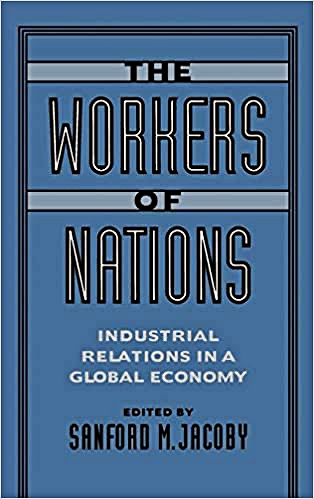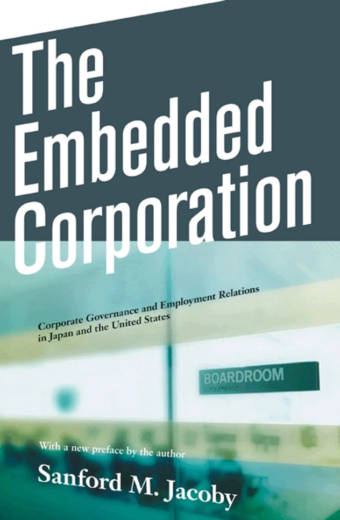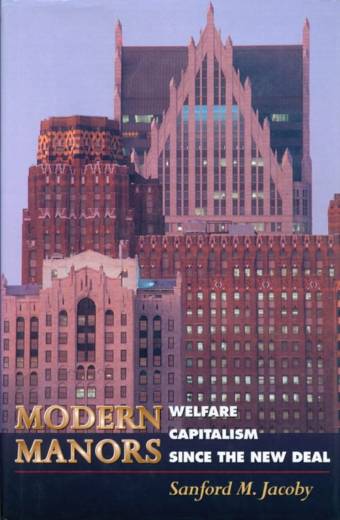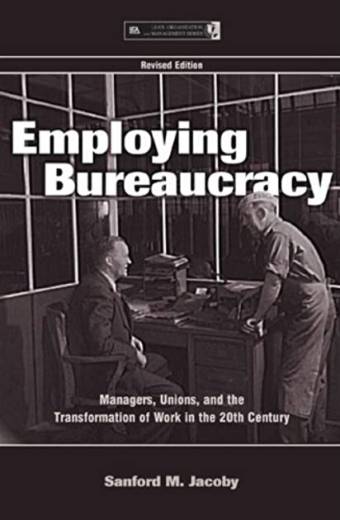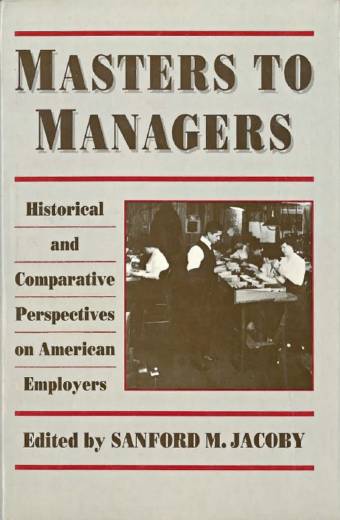Description
The new international economy is today the single most important factor shaping relations between employers, unions, and governments in the world’s advanced industrial societies. While companies compete in global markets with firms around the world, workers remain fixed in each country and are influenced by local customs and institutions. mores. This book explores how globalization affects the contemporary workplace and how workplace policies can make nations more internationally competitive. Unlike other country-by-country treatments of the subject, this analysis compares and contrasts the experiences of different nations around important developments, such as the labor market consequences of regional trading pacts, the international diffusion of new forms of work organization, and the strategies that nations are pursuing to keep their work systems competitive. The contributors come from a variety of disciplines but all bear expertise in international industrial relations.
